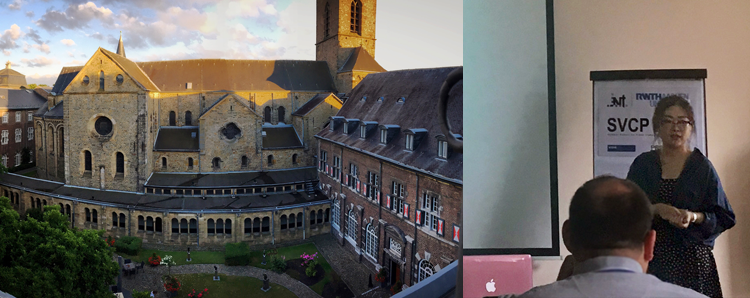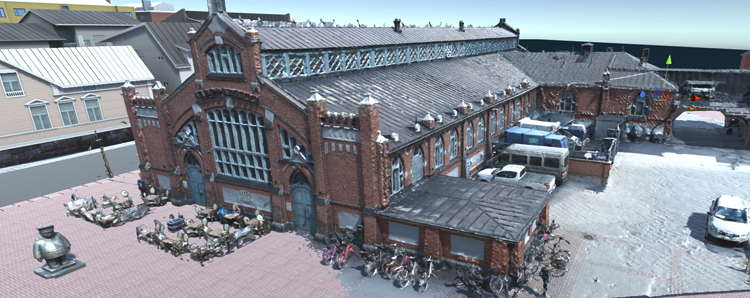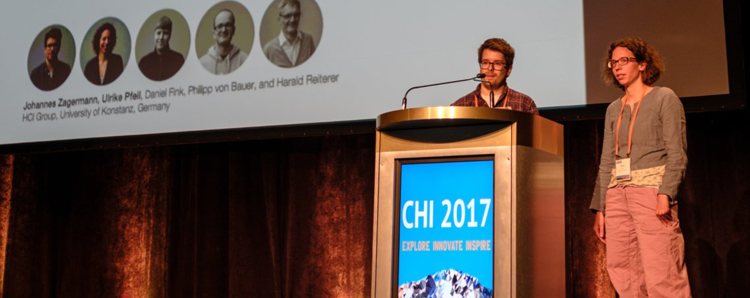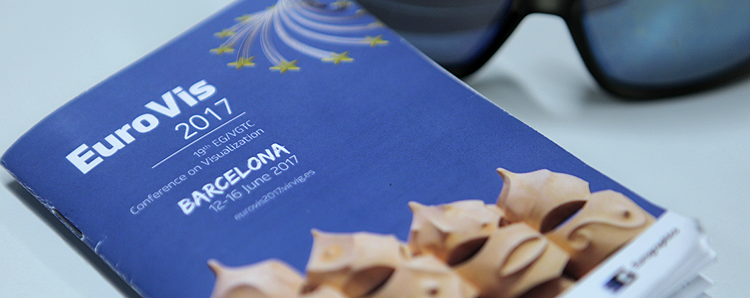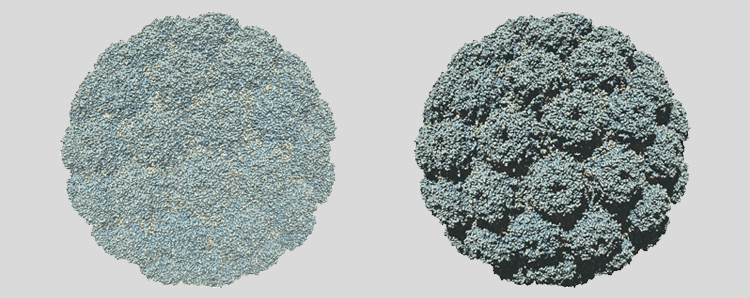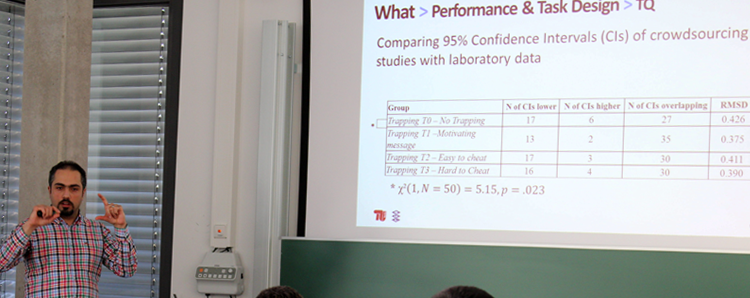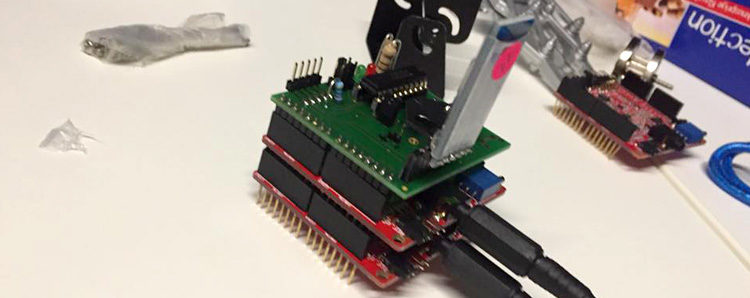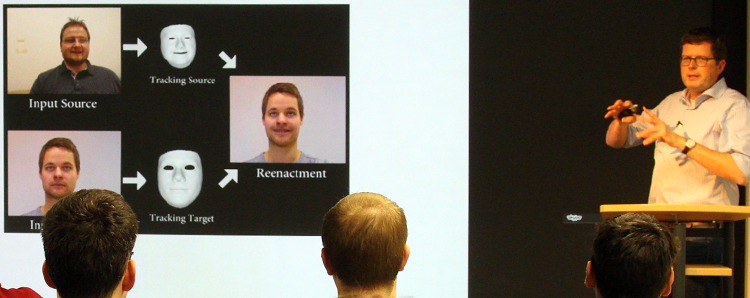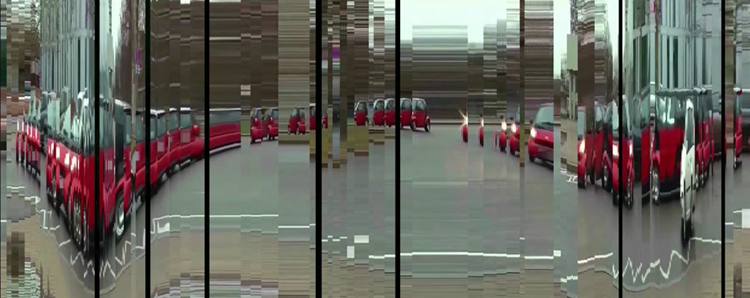Organized by the RWTH Aachen University, together with the researchers from RWTH Aachen University, Leibniz University of Hannover, University of Bristol, etc., the 3dt Summer School on Video Compression and Processing (SVCP) was held at Abdij Rolduc (Kerkrade, Netherlands) from 3th to 5th July. In this three days’ summer school, people in the area of video coding and processing exchanged knowledge and ideas.
Netherlands – Video Coding and Processing Summer School
